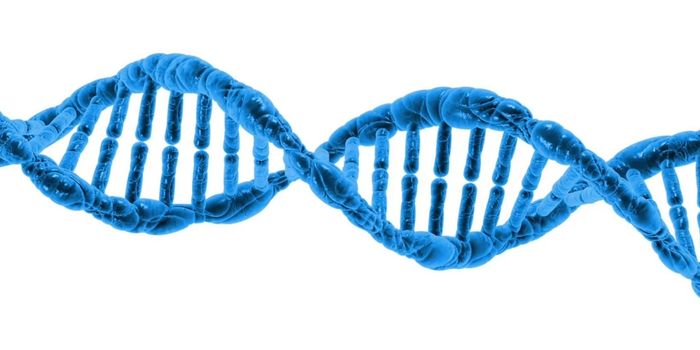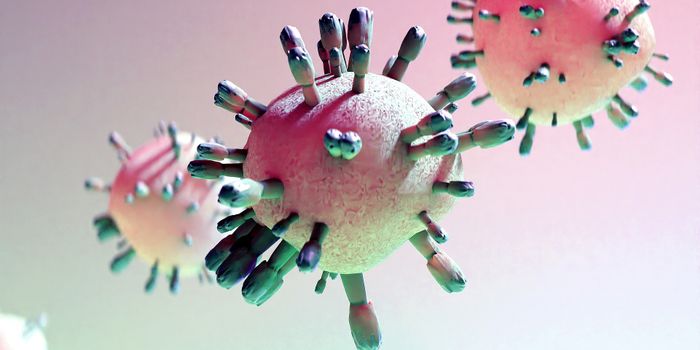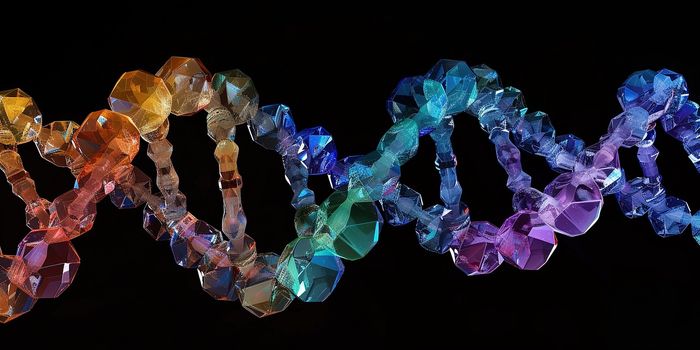Good gut bacteria can promote a healthy immune system, which in turn, could reduce the risks for some types of cancers, say scientists at UCLA. The
study, published in the journal
PLOS ONE, finds that a common beneficial bacterial strain slowed the growth of lymphoma in mice through the production of anti-inflammatory metabolites.
The microbiome is a specialized collection of bacteria residing in the human body. Bacterial cells outnumber human cells ten to one: there are about 10 trillion bacteria compared to the 1 trillion human cells in the body. Mostly famous for their existence in the human gut, these communities of microorganisms have been known to influence processes like digestion and immune responses. In some cases, the bacteria can be harmful and have been linked to obesity, stomach cancer, and even
male reproductive disorders. However, some collection of bacteria can actually promote health and wellness through their anti-inflammatory properties.
In their study, the UCLA team, led by Robert Schiestl, honed in on a specific strain of bacteria known as
Lactobacillus johnsonii. This is the most abundant strain of the so-called “good” bacteria in our system, as it has been shown to reduce inflammation and DNA damage. The team also focused on mice genetically engineered to have mutations in ATM – DNA repair gene, which results in a neurologic disorder called ataxia telangiectasia (AT). A high incidence of cancers, such as leukemia and lymphomas, are associated with AT.
Separated into two groups, the team exposed one group to only the anti-inflammatory Lactobacillus bacteria, and the other group received mixture of microbes that normally exist in the intestines, including both good and bad bacteria.
They found mice with more anti-inflammatory
Lactobacillus bacteria had delayed onset of lymphomas. This was published in a previous report in Cancer Research. In the current study, the team found additional evidence for the anti-cancer effects of the
Lactobacillus bacteria. Specifically, mice exposed only to Lactobacillus produced metabolites known to protect against cancer, including 3-methylbutyrolactone, kyneurenic acid and 3-methyladenine.
The beneficial microbiota also had a role in prolong survival of the mice – they lived four times longer than those that received a mixture of bacteria, and showed less DNA damage overall.
The results provide good news for health experts and patients all around, as it suggests modulating the amount of good bacteria in your gut could actually have a positive effect on cancer risks. "Since it is a Lactobacillus strain, it makes excellent yogurt, kefir, kombucha and sauerkraut,” Schiestl commented.
Ultimately, the team sees chemotherapeutic potential in anti-inflammatory probiotics, which can easily be administered. "It is not invasive and rather easy to do," Schiestl said. “In the future, it is our hope that the use of probiotics-containing [supplements] would be a potential chemopreventive for normal humans, while the same type of microbiota would decrease tumor incidence in cancer susceptible populations."
Additional source:
MNT









